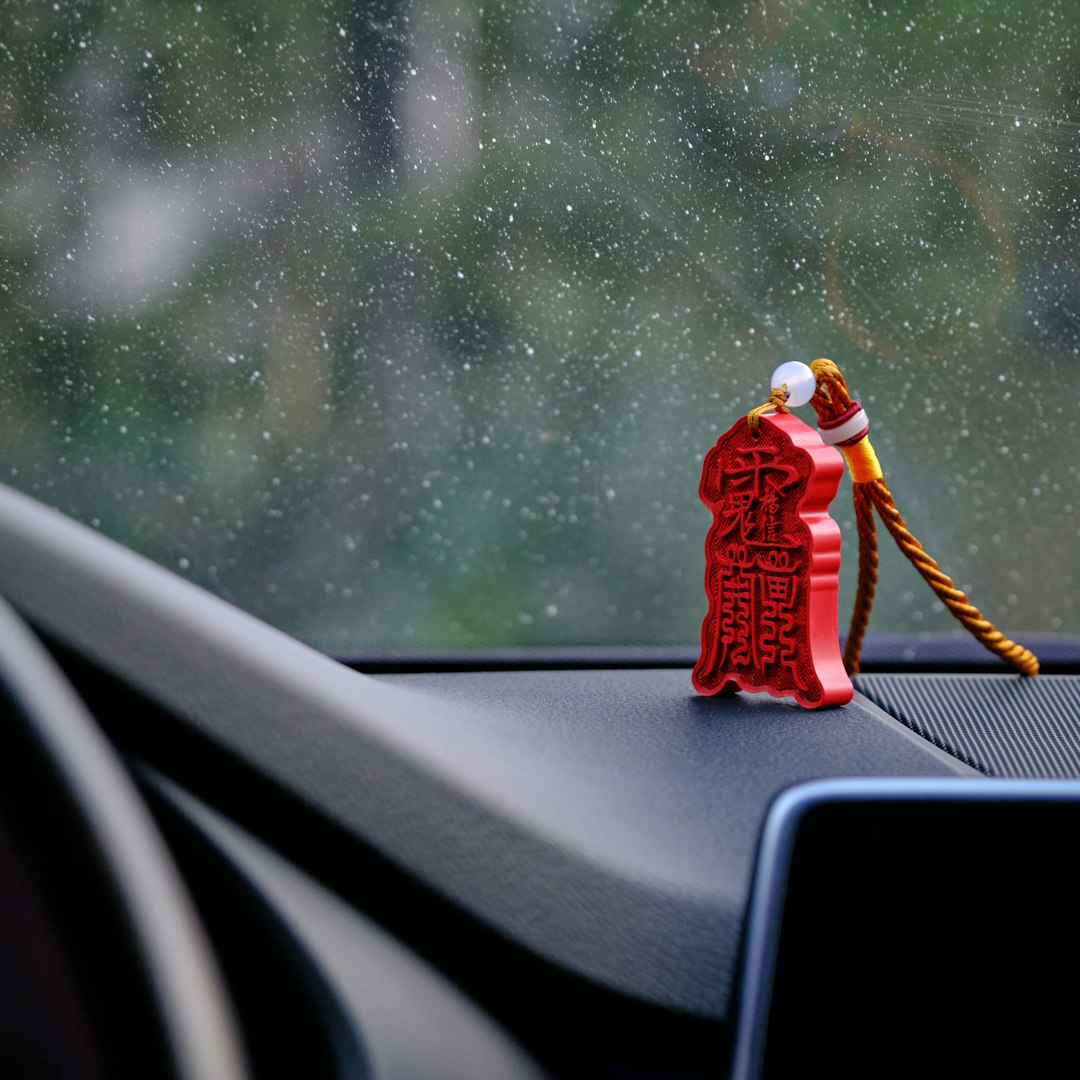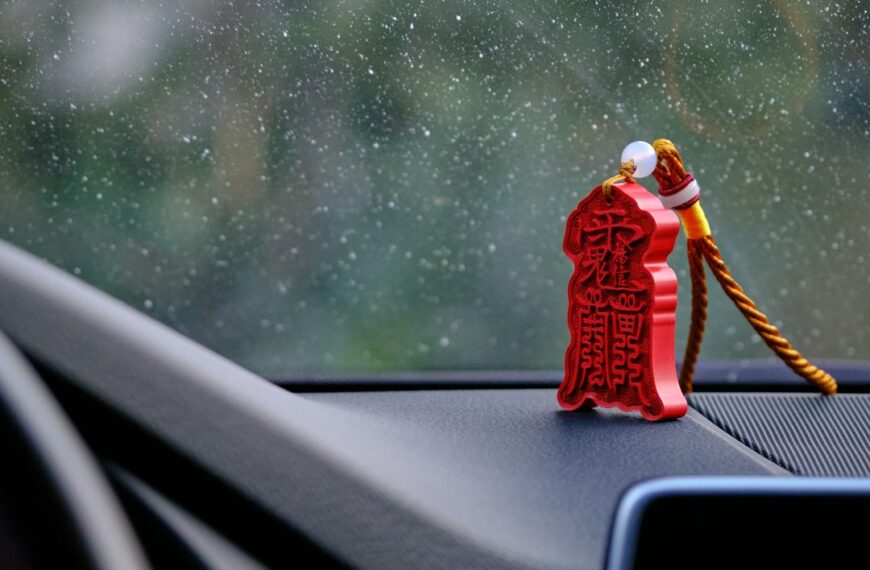Decentralized Autonomous Organizations (DAOs) are rapidly evolving, finding applications beyond traditional finance and into the realm of philanthropy. The concept of a DAO for good – a decentralized, transparent, and community-driven charitable organization – is undeniably appealing. However, the legal landscape surrounding these innovative entities is still largely uncharted territory, posing significant challenges and requiring careful navigation.
One of the biggest hurdles is the lack of a universally accepted legal definition of a DAO. Jurisdictions globally are grappling with how to classify these entities, leading to uncertainty about their regulatory compliance. Are they partnerships? Trusts? Corporations? The answer varies wildly depending on location and the specific structure of the DAO. This ambiguity creates significant risk for founders and contributors, potentially impacting tax implications, liability, and fundraising capabilities.
Fundraising itself presents a complex legal maze. Securities laws in many countries require rigorous compliance when soliciting funds, particularly if the contributions are considered investments rather than donations. Determining the nature of the contributions and ensuring adherence to relevant securities regulations is crucial to avoid legal penalties. The decentralized and pseudonymous nature of DAOs can further complicate matters, making it difficult to verify contributor identities and track the flow of funds.
Transparency, a core tenet of DAOs, also has legal implications. While openness is desirable for accountability and trust, publicly broadcasting sensitive information, such as donor identities or project details, might clash with privacy laws or inadvertently expose the DAO to vulnerabilities. Striking a balance between transparency and legal compliance requires careful consideration and potentially sophisticated anonymization techniques.
Intellectual property rights are another significant concern. DAOs often leverage open-source software and community-created content. Understanding the licensing agreements and ensuring compliance with copyright and patent laws is vital to avoid legal disputes and maintain the project’s integrity.
Furthermore, the enforcement of legal obligations within a DAO presents unique difficulties. The decentralized nature means there’s no central authority to enforce contracts or resolve disputes. This necessitates a robust and clearly defined governance structure, dispute resolution mechanisms, and potentially the use of smart contracts to automate and enforce agreements.
Finally, cross-border operations complicate matters even further. A DAO operating internationally must navigate the diverse legal frameworks of multiple jurisdictions, potentially necessitating compliance with a multitude of regulations. This demands significant legal expertise and careful planning to ensure the DAO operates legally across its various geographic locations.
The potential of DAOs for good is immense, promising more efficient, transparent, and impactful charitable initiatives. However, realizing this potential requires a thorough understanding and careful navigation of the complex legal landscape. As the legal framework continues to evolve, working with legal professionals experienced in DAO governance and regulatory compliance is crucial to ensure the longevity and success of any DAO aiming to make a positive impact on the world. Engaging in proactive dialogue with regulators and contributing to the development of clear and consistent legal frameworks is essential for fostering innovation while mitigating risks.









